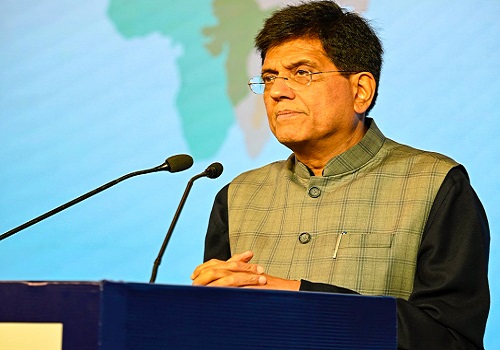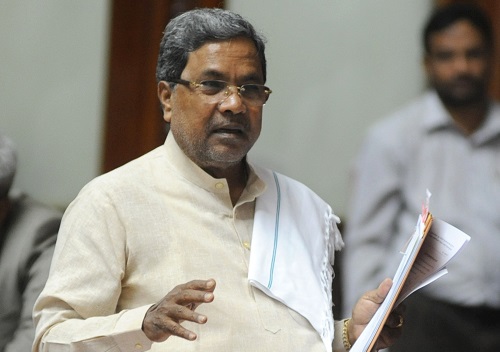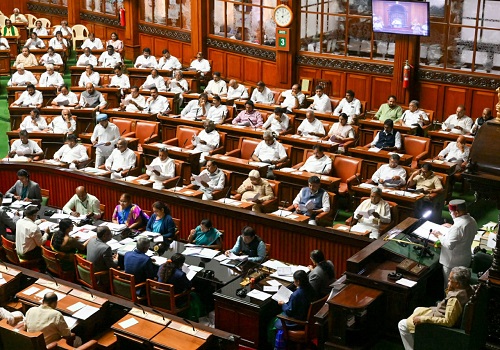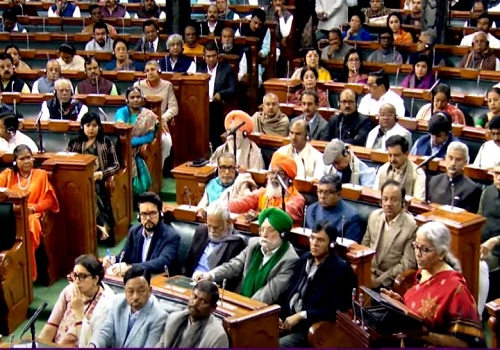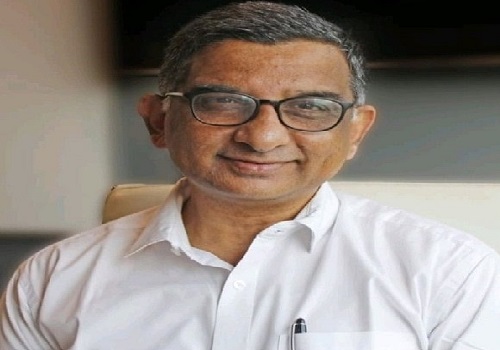Higher standard deduction for salaried may be part of tinkering

Follow us Now on Telegram ! Get daily 10 - 12 important updates on Business, Finance and Investment. Join our Telegram Channel
The Union Budget 2022 may include a higher standard deduction for salaried taxpayers and tax incentives related to affordable housing.
Emkay Global Financial Services said in a report that on the revenue front, gross tax/GDP ratio is expected to increase to 10.7 per cent amid healthy tax buoyancy across segments. Though we do not see any major changes in taxes, we do not rule out minor tinkering in the form of higher standard deduction for salaried taxpayers; tax incentives related to affordable housing; or marginally higher customs duties on PLI-related finished/semi-finished products. Separately, lower non-tax revenue will be led by lower RBI dividends.
The spending focus will likely be on welfare, rural, health and MSMEs. We will also watch for financial sector initiatives (resolutions, higher FPI limits to facilitate divestment in select PSBs on sale, etc.), which could improve the efficacy of the financial sector's ability to fund the recovery better, the report said.
Amid various push and pull, FY22 GFD/GDP could just about balance at 6.8 per cent. Positive buffers such as bumper RBI surplus, robust tax collection, and higher nominal GDP could get offset by higher payouts than budgeted on food, fertiliser subsidy, health, NREGA, Air India SPV; and possible miss on ambitious divestment targets (despite possible mega LIC IPO in March 2022).
Asset-sale execution will undeniably become the key balancing aspect, especially with a healthy NMP pipeline. We pencil in a modest divestment of Rs 800 billion, and do not account for any major 5G spectrum windfall amid limited clarity on the reserve price, the report said.
The upcoming Budget faces acute policy trade-offs between nurturing a nascent growth recovery and diminishing fiscal space with challenging debt dynamics. The uneven recovery post the pandemic raises questions about the sustainability of demand, especially as the labour market is also potentially divided. For targeted policy responses, fiscal policy tends to be more effective than monetary policy. Thus, a delicate balance needs to be maintained, ensuring the fiscal impulse is maximized to boost potential growth, even as policy adherence to medium-term fiscal sustainability is signalled, the report said.
This would require the expenditure-to-GDP ratio remaining healthy, front-loaded investment-focused stimulus, especially amid its larger multiplier effect on growth and employment. This necessitates innovative reforms, better resource allocation, and possible fiscal funding by aggressive asset sales in the form of existing functional infrastructure monetisation, disinvestments, and strategic sales, among others.












 320-x-100_uti_gold.jpg" alt="Advertisement">
320-x-100_uti_gold.jpg" alt="Advertisement">

